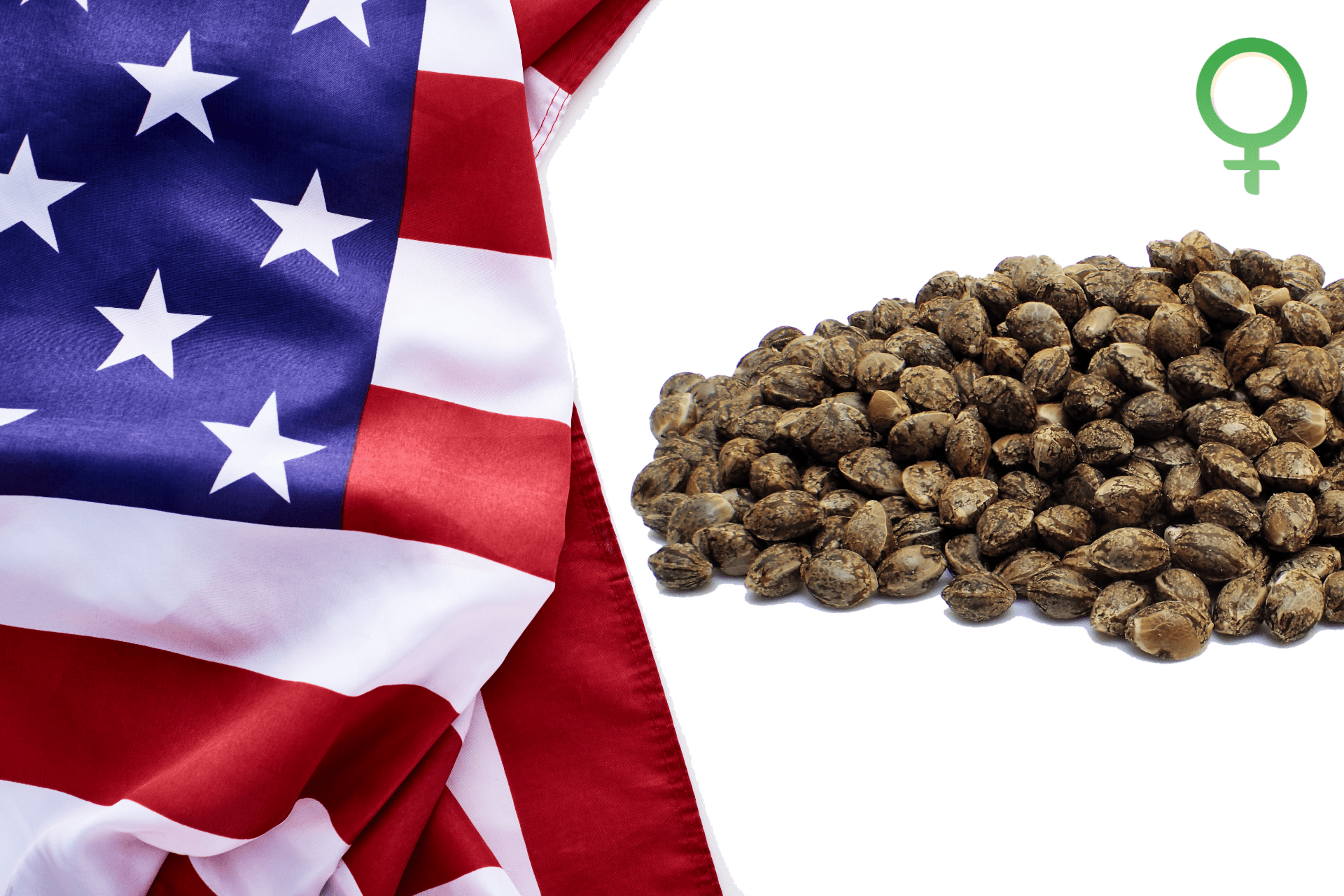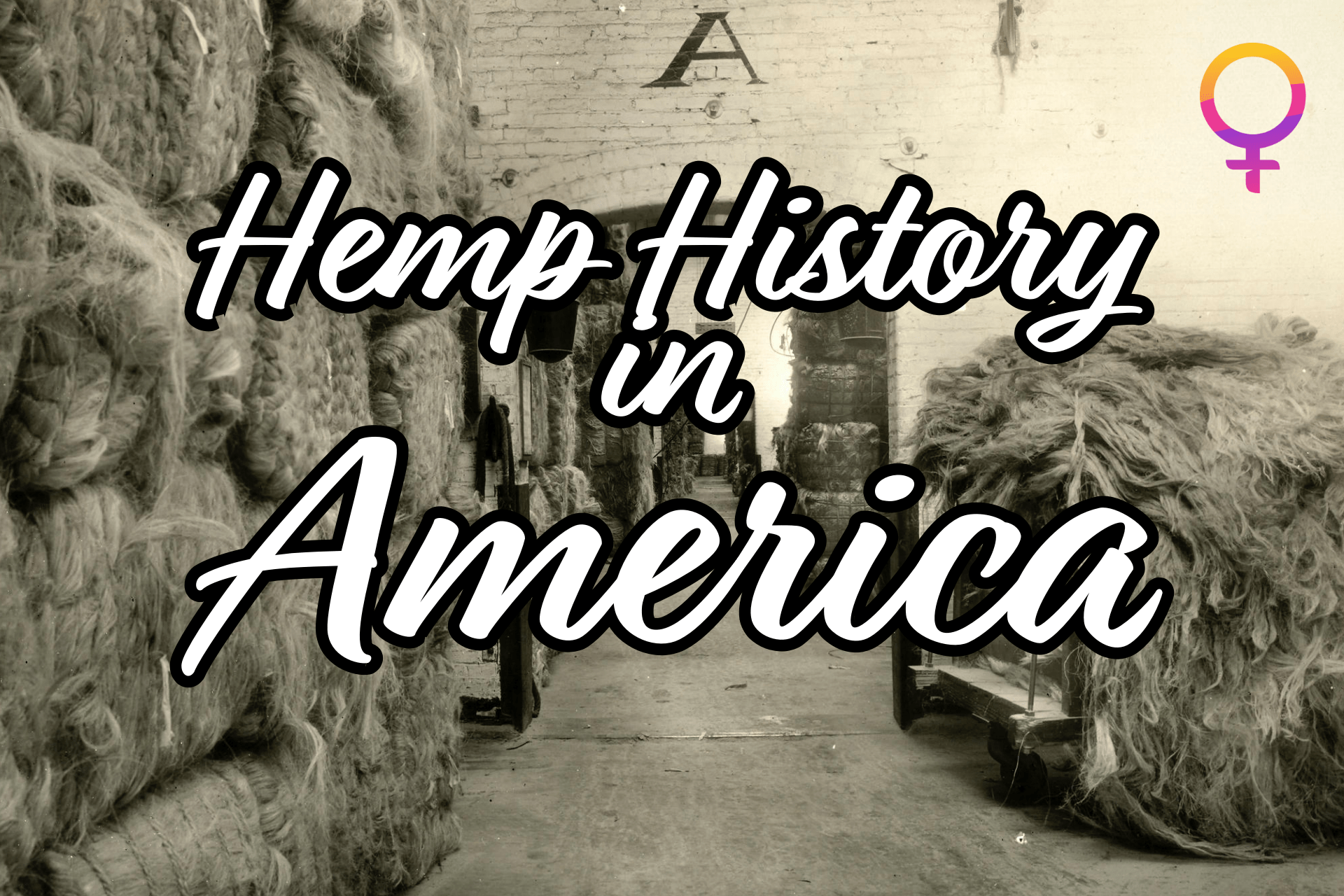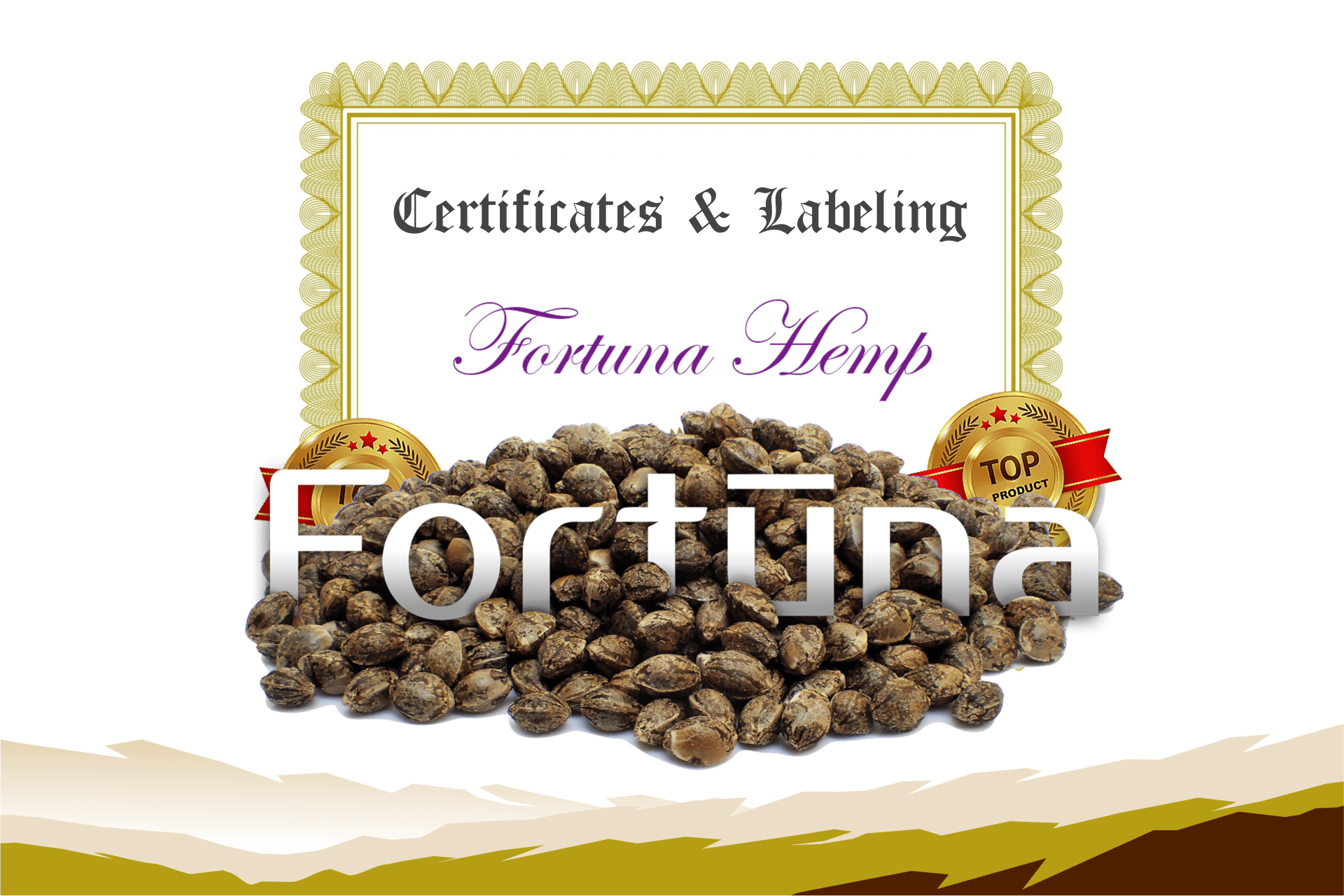
American hemp seeds and the global hemp market have grown substantially over the last four years, with America leading the charge. The trend is no surprise, of course. Despite some hurdles, new hemp legislation pushed through U.S. congress in 2018 legalizing the cultivation of hemp for CBD rather than just industrial purposes. The 2018 Farm Bill now makes it legal to cultivate hemp specifically for its CBD content and to sell CBD products throughout the nation.
Most notably, the Farm Bill removes CBD from the controlled substance list allowing for its inclusion in food and other wellness products without the restrictions of other cannabis-base products. Though there are distinct differences between “wellness products” and “medicinal products” (more specifically, their level of regulation), the compound, cannabidiol (CBD), is sourced from the same species of cannabis: hemp.

The Rise of American Hemp Seeds
Hemp and marijuana are from the same genus of cannabis called Cannabaceae. The only difference between the two is the level of tetrahydrocannabinol, or THC, in each. For example, though “marijuana” contains variable levels of THC, “hemp” can only contain 0.3 percent THC or less. The distinction is essential as one plant is legal, and the other is often not. Strains like Cherry Blossom will give you consistent, low THC levels every time.
Strict THC Levels
In the ever-growing hemp market, there isn’t room to risk a potentially illegal crop. To be clear, marijuana and hemp are visually identical; only laboratory testing can confirm whether or not a plant contains THC. For this reason, companies that cultivate hemp for CBD must exercise extreme caution when sourcing their American hemp seeds. International distributors do not hold the same level of accountability as local seed banks do and therefore pose a risk to local growers. Hence, with the passing of the 2018 Farm Bill coupled with strict regulatory guidelines outlining what crops are and are not permissible, American hemp seeds are in extremely high demand.
The Importance of Female Hemp Seeds
Hemp flower contains high concentrations of CBD, but the stems, seeds, and roots do not. Whereas industrial hemp’s focus is on fiber and seeds (which is why it often grows tall and lanky near other hemp plants), hemp CBD cultivation focuses on flower production.
However, cannabis flowers are finicky. They only grow from female plants and may produce seeds if fertilized by a male plant (which reduces CBD potency). Whether abundant crops or personal grows, any male amongst a group of female hemp plants can ruin the whole bunch. To avoid the catastrophe of a seedy crop, professional and private growers alike often opt for feminized seeds, or seeds that are bred specifically to produce female plants.
No waiting to determine gender and no wasted effort growing males to toss them later; feminized hemp seeds remove the burden of the unknown and improve the success rate of American hemp seed cultivation.
Americans are fascinated with the CBD market. Whether cultivators or consumers, American hemp seeds are an essential part of national industry growth.



